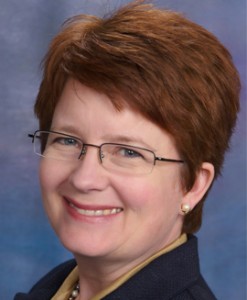 It’s been more than 13 years ago now since I attended a seminar on adoption as my husband and I were anxiously awaiting news that we could go and receive our son who was waiting for us – along with the clearance papers – in the Philippines. I wish I could remember the seminar presenter’s name since I thank him to this day.
It’s been more than 13 years ago now since I attended a seminar on adoption as my husband and I were anxiously awaiting news that we could go and receive our son who was waiting for us – along with the clearance papers – in the Philippines. I wish I could remember the seminar presenter’s name since I thank him to this day.
The topic of the seminar was how to respond when your kids say stuff that, on the surface, is meant to hurt. The presenter focused on a common phrase that we hear almost all kids say at one time or another: “I hate you! I wish you weren’t my mom!” Or, “You’re not my real mom/dad!”
But, for us as adoptive parents, these words can carry a deeper meaning and tear at the very fabric of our relationship with our kids. Isn’t it the one thing we want more than anything – for our children to know that they are loved and accepted and that we are their real parents?
The presenter allowed us to explore possible responses to these hurtful remarks: “But, I love you more than anything.” “But, I am your real dad because I’m the one that’s here for you.” “Oh, you don’t really mean that.” “Now, you know that’s not true!”
Though we may want to say these words of assurance and self-protection, the wise seminar leader advised a different response.
What the children want when they say such things is to be heard and understood. It’s not so much about us as adoptive parents – it’s about validating the child’s experience and feelings. And so, it would be best to take a deep breath and perhaps say something like, “Wow” in order to mark the gravity of the comment. And then we reply, “It must feel awful to feel that way about your parent(s).”
And there it was, some of the best advice I think I have ever received. All three of my children have uttered those sentiments to me…more than once. Each time, the comments do sting a little bit. But, each time I give that momentary pause, collect myself, look into their eyes and say with all sincerity, “Honey, it must feel awful to feel that way about your parent.”
With that, I have either received into my arms a very sad, tearful child who was heard and understood or I have seen a child at a loss for what to say.
I have come to believe that, often, how my children interact with me is not so much about me but about what’s going on inside of them. I can be the one who hears them. I can be that steady ship on which they can sail in the midst of stormy waters. I can be their mother, no matter what they say.
Sally Ankerfelt


